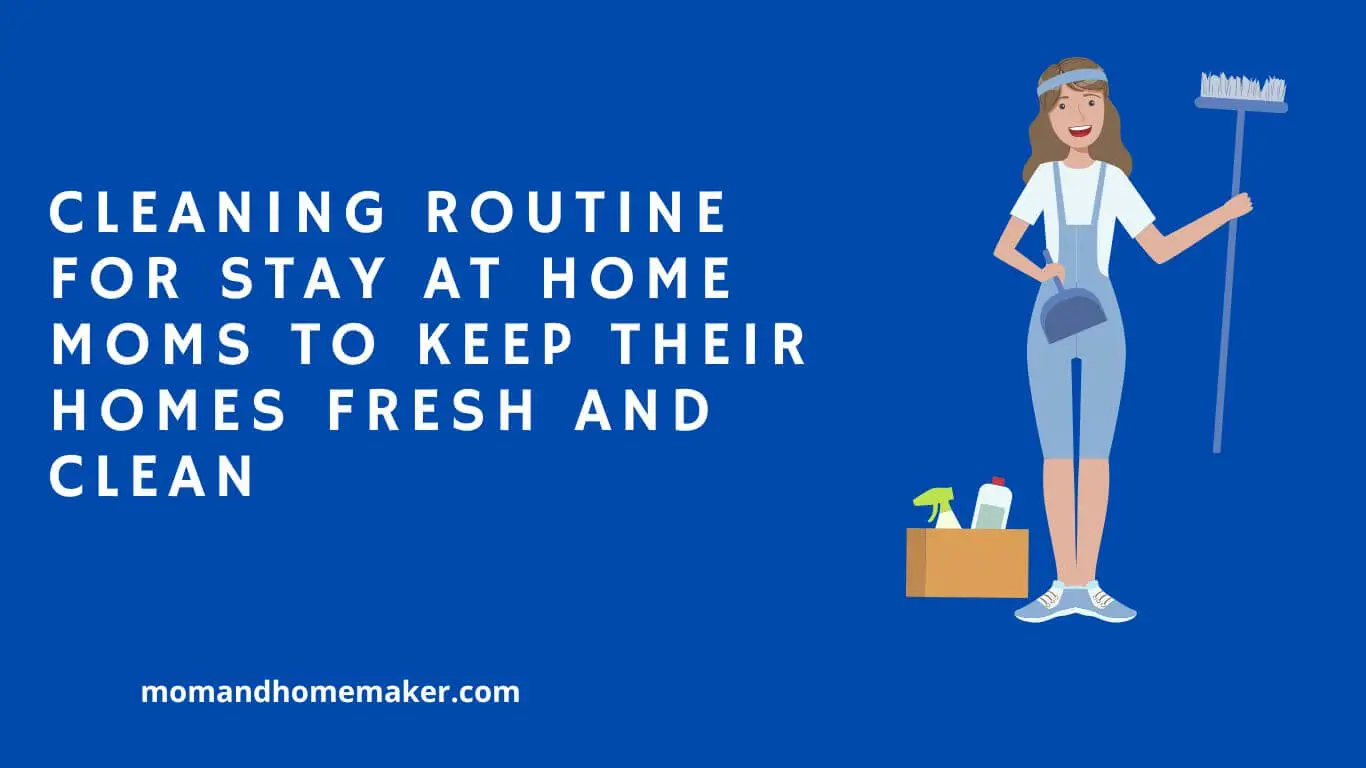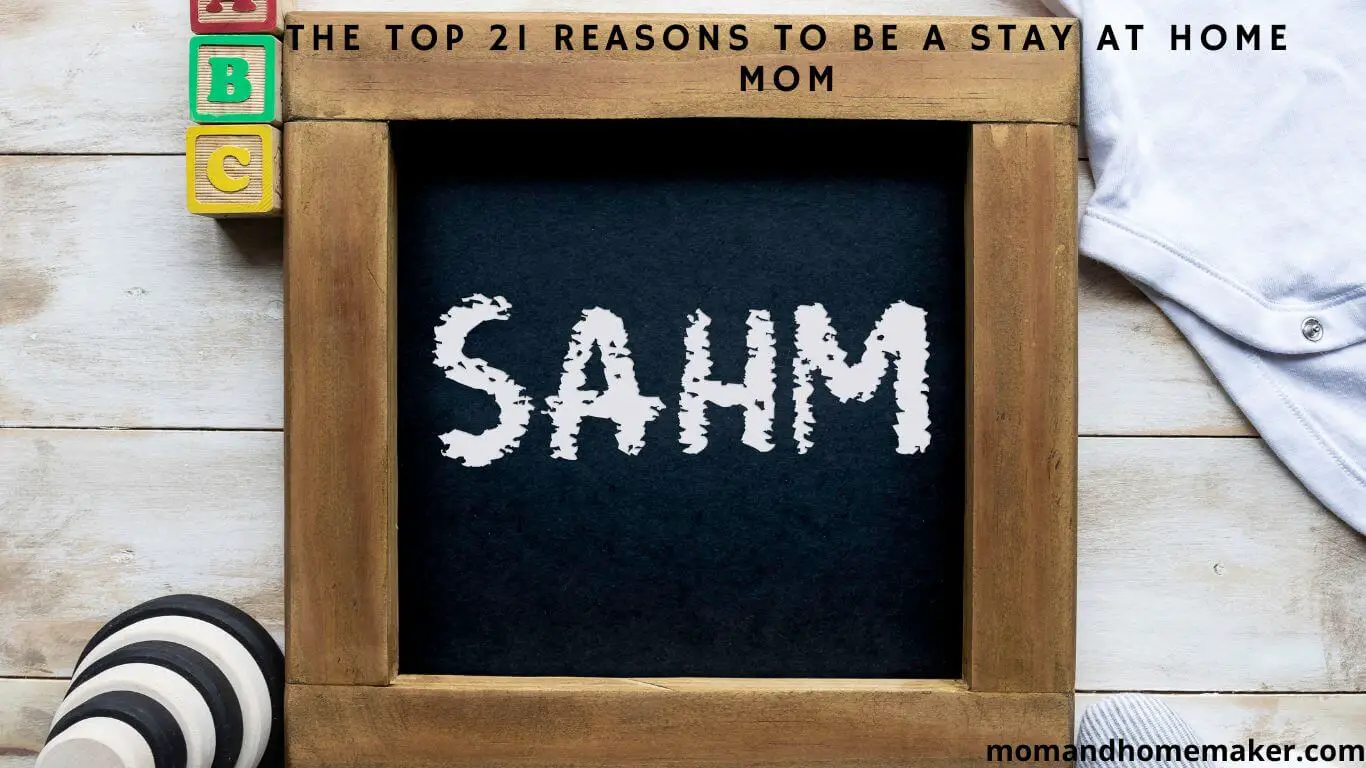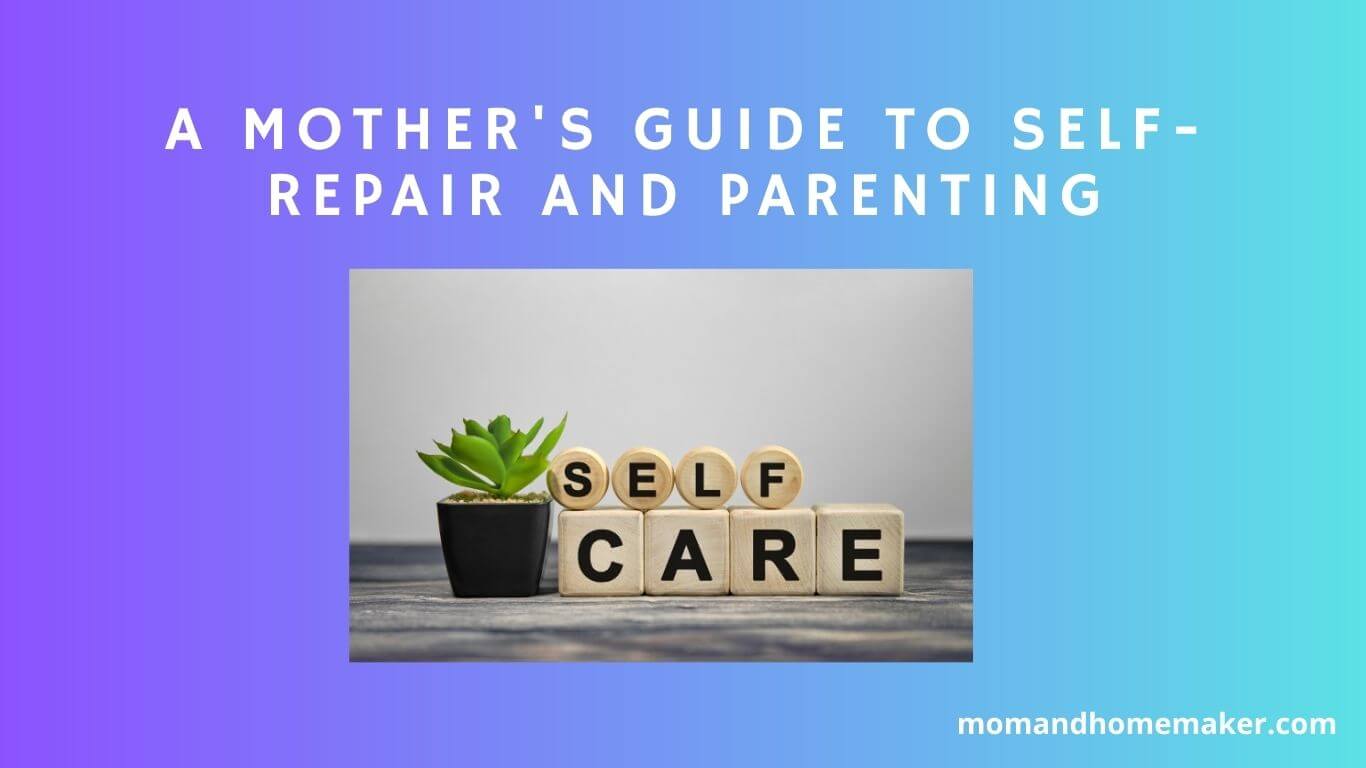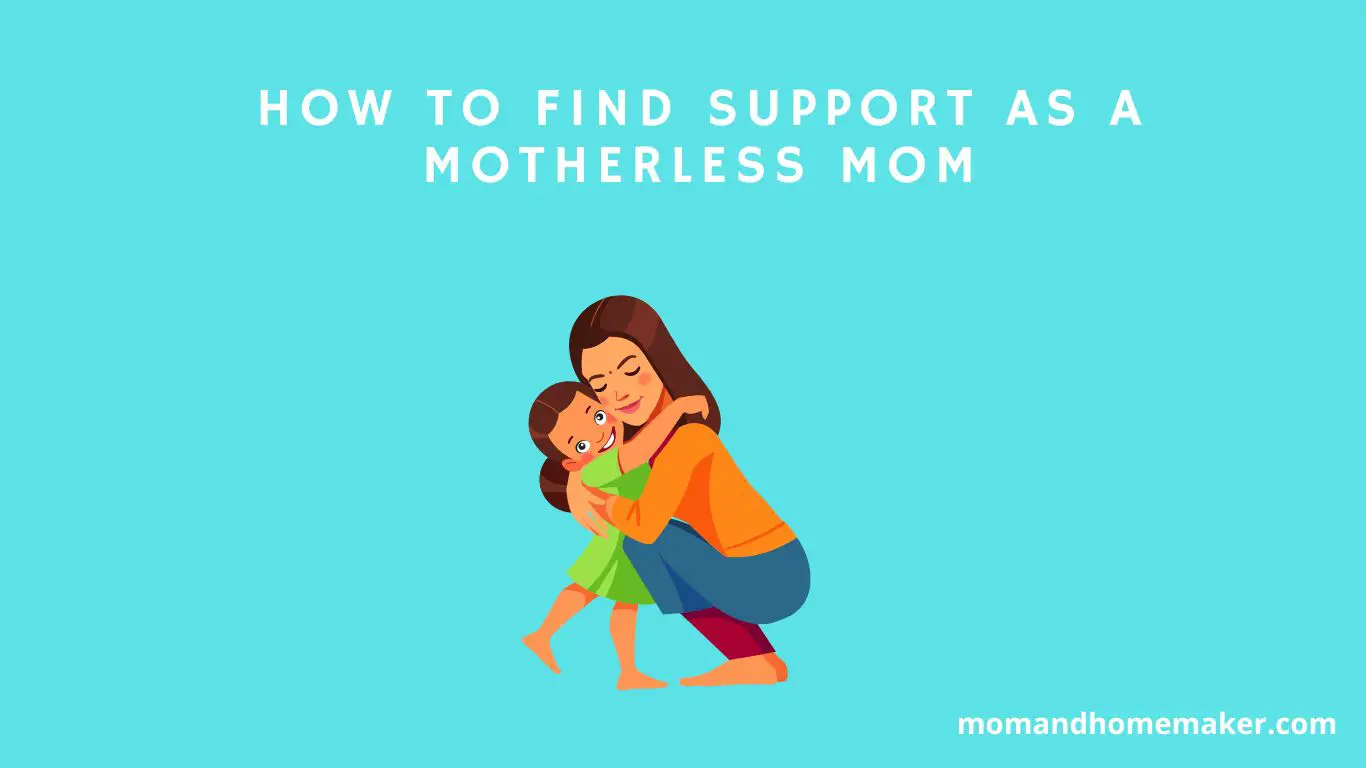The saying, ‘The hand that rocks the cradle rules the world,’ suggests that having a stay-at-home mom can influence a child’s future. The impact of a mother’s care on a child’s development sparks debates about long-term consequences.
From emotional well-being to academic success, the role of a stay-at-home mom is intricate. How does this influence shape a child’s life journey?
Historical Perspective on Maternal Care
When examining the historical context of maternal care, it’s crucial to understand how societal expectations and cultural norms have shaped the role of mothers over time.
In ancient civilizations, mothers bore the primary responsibility for raising children and managing household affairs, reflecting the prevailing beliefs of their societies.
As cultures evolved, the expectations placed on mothers also changed, influencing how motherhood was perceived and the roles mothers were expected to fulfill.
The development of attachment theory by John Bowlby further impacted maternal care practices by underscoring the significance of secure attachments between infants and their primary caregivers, often the mother.
This theory emphasizes the essential role mothers play in providing emotional support, security, and nurturing to their children, which in turn shapes their emotional well-being and future relationships.
Throughout history, mothers have been instrumental in applying the principles of attachment theory, nurturing strong bonds with their children to promote healthy emotional development.
Impact on Emotional Development
Understanding the impact of maternal care on emotional development is crucial for understanding how a child’s upbringing shapes their long-term well-being. The bond between a child and their stay-at-home mom can have a significant influence on the child’s emotional growth.
Here are some important points to consider:
- Attachment Theory: A child’s emotional development is closely tied to their attachment to their primary caregiver, often their stay-at-home mom. This secure attachment forms the basis for the child’s future relationships and emotional strength.
- Resilience: Children who have the consistent presence of a stay-at-home mom tend to develop greater emotional resilience. This resilience helps them deal with challenges, setbacks, and emotional turmoil more effectively.
- Parent-Child Bonding: Spending quality time together nurtures a strong bond between a child and their stay-at-home mom, promoting a sense of security and emotional stability in children. This bond positively impacts the child’s emotional intelligence and ability to manage their emotions.
- Empathy: Stay-at-home moms play a vital role in teaching empathy to their children. Through daily interactions and modeling, children learn to understand and empathize with others’ feelings, leading to more compassionate and emotionally aware individuals.
Cognitive Development Differences
Children raised by stay-at-home moms often show differences in cognitive development compared to those in other care arrangements. Studies indicate that kids with stay-at-home moms tend to have more advanced language skills and problem-solving abilities.
This is because stay-at-home moms often have more one-on-one interactions with their children, which can improve language development through conversations, storytelling, and reading.
These interactions create a stimulating linguistic environment that helps children grow their vocabulary and understand language better.
Moreover, stay-at-home moms can focus on boosting their children’s problem-solving skills. By engaging kids in activities that require critical and creative thinking, stay-at-home moms can enhance their ability to analyze situations, consider different viewpoints, and find solutions effectively.
This early exposure to problem-solving tasks can set a strong foundation for academic success and future cognitive growth.
Besides language acquisition and problem-solving skills, stay-at-home moms also play a vital role in improving their children’s memory retention and critical thinking.
Through activities like storytelling, memory games, and repetitive learning exercises, stay-at-home moms can help enhance their children’s memory and information retention.
This, coupled with opportunities for critical thinking, can lead to improved cognitive abilities that benefit kids in various aspects of their lives.
Social Skills and Peer Relationships
To help children develop strong social skills and positive relationships with their peers, stay-at-home moms engage them in various interactive activities.
These interactions are essential for shaping how kids interact in social settings and build connections with others. Stay-at-home moms play a crucial role in enhancing social skills and peer relationships by:
- Encouraging Empathy: Stay-at-home moms teach children the importance of understanding and considering others’ feelings. By promoting empathy, kids learn to be compassionate and thoughtful in their interactions with peers, which helps create harmonious relationships at school and on the playground.
- Promoting Communication Skills: Through daily conversations and activities, stay-at-home moms help children develop effective communication skills. Strong communication is key to forming lasting friendships and engaging positively with classmates in school.
- Teaching Conflict Resolution: Stay-at-home moms guide children on how to resolve conflicts peacefully and constructively. Learning these skills early equips kids to navigate playground dynamics and handle disagreements with peers in a healthy way.
- Fostering Teamwork: Engaging in group activities and projects at home encourages teamwork and collaboration. These experiences teach children the value of working together towards common goals, leading to better peer relationships and active participation in group activities at school.
Education and Academic Performance
Stay-at-home moms play a crucial role in improving academic performance by providing personalized learning experiences for their children. Their involvement is vital in shaping a child’s success in school.
With the flexibility to tailor learning environments to meet their children’s individual needs, stay-at-home moms can help develop effective study habits and organizational skills essential for academic achievement.
One significant advantage of having a stay-at-home mom is the continuous monitoring and guidance they offer in their children’s academic pursuits. This hands-on approach allows moms to identify areas where their children may be struggling and provide timely support.
Whether it’s helping with homework, engaging in educational activities, or instilling a love for learning, stay-at-home moms significantly contribute to their children’s academic growth.
Furthermore, the presence of a stay-at-home mom can lead to increased participation in extracurricular activities that can further enhance academic performance.
By attending school events, volunteering in classrooms, and actively engaging in their child’s educational journey, stay-at-home moms provide invaluable support that positively impacts their children’s academic success.
Influence on Self-Esteem
Having a stay-at-home mom can greatly impact your child’s self-esteem by providing consistent emotional support and encouragement. When children have a caregiver who’s always there for them, it can make a significant difference in how they perceive themselves and engage with others.
Here are four ways in which a stay-at-home mom can influence your child’s self-esteem:
- Building Confidence: Children are likely to develop a strong sense of self-worth and confidence when they’ve a stay-at-home mom who believes in them and supports their interests.
- Enhancing Social Interactions: With their mom’s constant presence, children often feel more secure in social situations, enabling them to navigate interactions with peers and adults more confidently.
- Mitigating Peer Comparisons: A stay-at-home mom can help children understand the importance of individuality and discourage constant comparisons with others, promoting a healthier self-esteem.
- Providing Emotional Support: Your child will have a reliable source of emotional support at home, which can help them navigate challenges, cope with setbacks, and develop resilience in the face of difficulties.
Behavioral Outcomes in Adulthood
Growing up with a stay-at-home mom can significantly impact your child’s behavior in adulthood, shaping their relationships, decision-making skills, and overall well-being. The influence of being raised by a stay-at-home mom goes beyond childhood and has long-lasting effects on mental health and success later in life.
Studies show that individuals who are stay-at-home moms tend to have better mental health as adults. The constant care and emotional support from a stay-at-home mom can build a strong emotional foundation, leading to increased resilience and better coping strategies when facing life’s challenges.
This emotional stability developed in childhood often results in healthier adult relationships and a more positive perspective on life.
Furthermore, having a stay-at-home mom can instill essential success factors in a child that carry into adulthood. The secure attachment formed through consistent maternal care can boost self-esteem, enhance decision-making abilities, and improve social skills.
These qualities play a vital role in navigating adult life, fostering confidence and empowerment in various personal and professional interactions.
Career Aspirations and Achievements
Growing up with a stay-at-home mom can have a lasting impact on your career goals and achievements. The nurturing environment provided by a stay-at-home mom can shape your perspective on work, success, and finding a balance between your personal and professional life.
Here’s how this upbringing can influence your long-term success:
- Building Confidence: The support and guidance from a stay-at-home mom can boost your confidence and determination, setting a strong foundation for pursuing your career aspirations.
- Understanding Work-Life Balance: Being raised by a stay-at-home mom can teach you the importance of maintaining a healthy work-life balance, which is essential for long-term success and overall well-being.
- Inspiring Growth: A stay-at-home mom’s emphasis on personal growth can inspire you to strive for professional achievements and maximize your potential in your chosen career path.
- Enhancing Emotional Intelligence: Growing up with a stay-at-home mom can enhance your emotional intelligence, improving your interpersonal skills, leadership qualities, and resilience—all crucial for excelling in your career and achieving your goals.
Long-Term Psychological Effects
Speculating about the potential psychological effects of being raised by a stay-at-home mom can offer valuable insights into the long-term impact of this upbringing. The strong bond formed between a child and a stay-at-home mom is thought to shape attachment styles and foster resilience.
Children raised by a stay-at-home mom often feel secure and emotionally close due to the constant presence and support of their caregiver. This close bond can lead to the development of secure attachment styles, which are associated with better social and emotional adjustment over time.
Furthermore, the resilience nurtured through this intimate relationship with a stay-at-home mom may provide children with the skills needed to navigate challenges in the future.
The stable foundation created by a supportive and nurturing caregiver can help children cope with stress, setbacks, and uncertainties. This enhanced resilience can positively impact mental well-being, enabling individuals to maintain a sense of balance and adaptability when faced with adversity.
Financial Implications in Adulthood
Establishing a strong emotional connection with a stay-at-home mom in your formative years can have a lasting impact on your financial well-being as an adult. This close bond can shape your resilience, risk-taking abilities, work-life balance, and financial literacy in the following ways:
- Emotional Resilience: The support and guidance from a stay-at-home mom can boost your confidence and ability to navigate challenges in your career and finances.
- Risk-Taking Abilities: Growing up with a supportive stay-at-home mom can instill the courage to take calculated risks in your professional life, potentially leading to greater financial rewards.
- Work-Life Balance: Learning the importance of balancing work and personal life from a stay-at-home mom can enhance your career satisfaction and success, positively influencing your financial stability.
- Financial Literacy: The lessons and values passed down by a stay-at-home mom can lay a strong foundation for your financial knowledge, empowering you to make informed decisions and secure your financial future.
Gender Roles and Stereotypes
When challenging societal norms, it’s important to redefine traditional gender roles and break free from stereotypical constraints. For a long time, gender roles and societal expectations have dictated how individuals should behave based on their gender.
These cultural norms often influence parenting dynamics, shaping children’s perceptions of men’s and women’s roles in society. By recognizing and challenging these stereotypes, we can pave the way for a more inclusive and equitable future.
As we navigate through the complexities of gender roles, it’s essential to remember that both men and women can excel in any role they choose.
Encouraging open conversations with family and community about the importance of breaking free from limiting beliefs is crucial. Embracing diversity in parenting styles and rejecting outdated stereotypes can create a more empowering environment for future generations.
Take time to reflect on how gender expectations may have influenced your upbringing and consider how to create a more balanced approach for the children in your life.
By promoting equality and respect, we contribute to a society where individuals are free to pursue their passions without being confined by outdated norms. Embrace the opportunity to redefine gender roles and challenge societal expectations, paving the way for a more inclusive and accepting world.
Overall Well-Being and Happiness
Prioritizing your overall well-being and happiness begins with taking care of yourself and establishing healthy boundaries that support your mental and emotional health.
It’s essential to check in with yourself regularly, practice mindfulness, and seek professional help when needed to ensure your mental well-being. Remember, it’s okay to not feel okay at times.
Incorporating self-care into your daily routine is crucial for recharging and maintaining emotional balance. Whether it’s reading a book, going for a walk in nature, or engaging in a hobby you enjoy, carving out time for yourself is key to your well-being.
Balancing work and personal life is vital for your overall happiness. Setting boundaries, prioritizing tasks, and learning to say no when necessary can help you achieve a healthy work-life balance. Remember, your value isn’t determined solely by your work achievements.
Managing stress effectively is important for your happiness. Finding healthy ways to cope with stress, such as exercise, meditation, or spending time with loved ones, can significantly impact your well-being. Don’t hesitate to seek support when needed.
Prioritizing your mental health, practicing self-care, establishing work-life balance, and managing stress are all essential components of ensuring your overall well-being and happiness. Taking care of yourself isn’t selfish; it’s necessary for you to be able to effectively support others.
Conclusion
To summarize, children with stay-at-home mothers may experience benefits in their emotional growth, cognitive abilities, and social interactions, similar to a well-tended garden.
However, every child is different and may thrive in various settings.
Ultimately, a caregiver’s love and support, whether at home or elsewhere, play a vital role in a child’s overall well-being and happiness.












